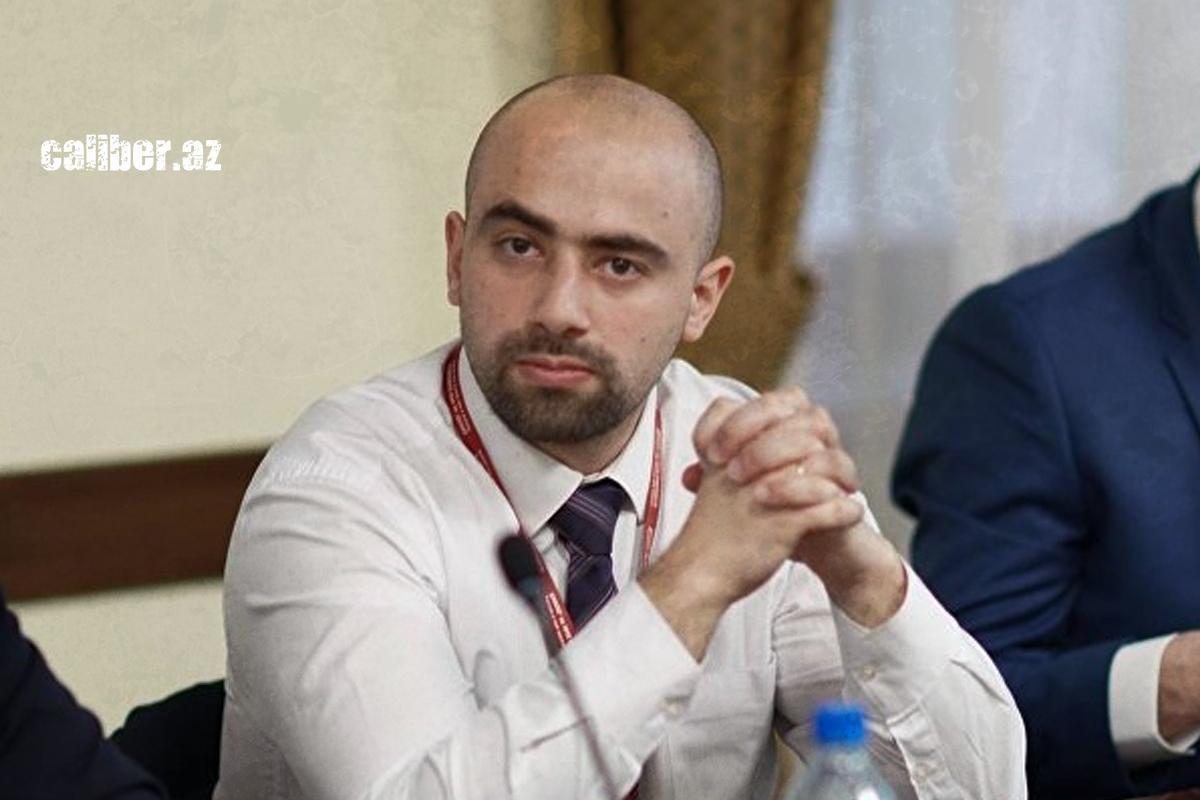Pre-election battles in Georgia: Unpacking August 2008 War Expert insights on behind-the-curtains tactics
In Georgia, the ruling Georgian Dream party is intensifying its campaign against its main electoral rival, the United National Movement (UNM), by highlighting its alleged responsibility for the August 2008 war. A recent statement from the party’s political council reiterates these claims.
The Georgian Dream party, through its statement, has preemptively labelled the UNM as "criminals" and "traitors," promising that a "public legal process" will ensue following the elections. The statement cites a new interview with Heidi Tagliavini, head of the EU international commission that investigated the causes of the war, as evidence supporting their accusations. According to Georgian Dream, Tagliavini’s remarks affirm that the actions of Georgia's then-leadership provoked Russia.
The statement includes the following assertions: "We have a situation where the political force responsible for the start of the 2008 war, which betrayed its country and people, is still driven by the desire to return to power. We believe that in such circumstances, the legal understatement of the offence committed by the collective National Movement amounts to a crime. It is time to bring the perpetrators to justice to the full extent of the law. It is a fact that Saakashvili's adventurous actions in August 2008 were not the result of his mental instability, but the result of betrayal ordered from outside and well-planned."
These developments are clearly part of the pre-election tactics. It raises the question of how effectively these accusations against the UNM might sway Georgian voters. Will these allegations become a decisive factor in the upcoming autumn parliamentary elections?
To provide insight, Caliber.Az consulted a well-known Georgian expert on the potential impact of these claims.

Political scientist and founder of the SIKHA Foundation research centre, Archil Sikharulidze, views the recent statement from the ruling Georgian Dream party as a strategic move within their election campaign.
Sikharulidze notes, “It is clear that Georgia’s Western partners prefer leaders who differ from Georgian Dream’s views. In response, the ruling party is defending itself vigorously. While the opposition accuses Georgian Dream of being pro-Russian, the ruling party is countering by accusing the opposition of being agents of foreign influence.”
However, Sikharulidze is sceptical about the feasibility of launching procedural cases against former President Mikheil Saakashvili and the United National Movement (UNM).
He argues, “Initiating such cases now would be challenging because these figures are deeply entrenched in various sectors. It could provoke a significant negative reaction from the West. The opportunity to address these issues effectively was missed back in 2012. Not addressing them then can be seen as a political miscalculation by Georgian Dream.”
He further explains that Justice Minister Thea Tsulukiani had previously considered pursuing criminal charges related to the August 2008 events. However, she was advised against this by EU and US officials, who viewed members of the Rose Revolution government as strategic partners.
“Thus, the notion of pursuing these cases was shelved,” Sikharulidze says.
According to Sikharulidze, reviving these cases now would only make sense if Georgian Dream intends to further deteriorate its relations with the West.
“Otherwise, it seems like a campaign tactic rather than a practical legal pursuit. I doubt Georgian Dream will take such radical actions against Western interests and its allies,” he concludes.








